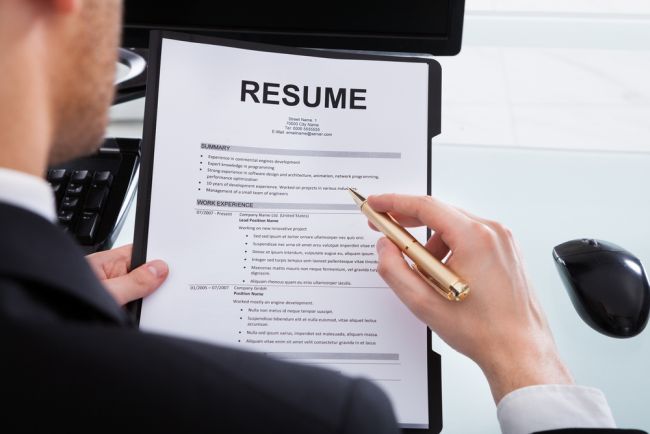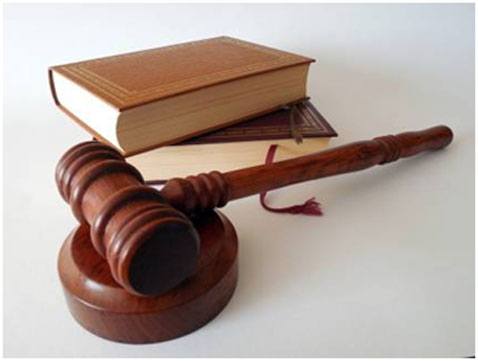Summary: Last month’s Powerball winner is suing to keep her name out of the media.
The winner of the $560 million Powerball jackpot last month is suing the New Hampshire Lottery Commission. The woman filed a lawsuit to try to protect her privacy, according to USA Today.
However, the New Hampshire Lottery Commission said that there are rules in place that state winners must be announced publicly. In the past, other winners who wanted to remain anonymous would create trusts, and their trustees would claim the money for them.
“The New Hampshire Lottery understands that winning a $560 million Powerball jackpot is a life-changing occurrence,” Charlie McIntyre, the New Hampshire Lottery’s executive director, stated. “Having awarded numerous Powerball jackpots over the years, we also understand that the procedures in place for prize claimants are critically important for the security and integrity of the lottery, our players and our games.”
Last month’s winner did not create a trust before signing her ticket, and she filed her lawsuit last week to try to stop the releasing of her name, which she said was a “significant invasion of her privacy.” She said that she had made a “huge mistake” by signing her ticket instead of consulting a lawyer beforehand, and she said that as an “engaged community member” her life could end up worse if everyone knew she had half a billion dollars.
“She wishes to continue this work and the freedom to walk into a grocery store or attend public events without being known or targeted as the winner of a half-billion dollars,” the complaint said.
The winner is represented by William Shaheen of Shaheen and Gordon. She had purchased her ticket at Reeds Ferry Market, a convenience store in Merrimack, New Hampshire, and the owner of the store has already claimed his prize of $75,000, which he was given for selling the lucky ticket.
“Can you believe someone just walked into my store and won?!” the store owner told USA Today. “Most of my customers are local, and I’m hoping it’s someone local. But whoever it is, congratulations to them.”
In a blog post from January 8, the winner’s attorney advised future winners to not sign the back of the ticket to avoid a situation like his client’s.
“Don’t sign that back of the ticket because if you sign it you lost confidentiality,” Shaheen said. “It becomes public, and you lost the option of staying anonymous.”
The woman has yet to claim her prize because she does not want her name to be released. The Powerball rules currently state that winners are announced, and there are typically photos taken that accompany the lotto press release.
McIntyre stated that he understood the plaintiff wanting to remain anonymous, but he said that rules are rules.
“The lottery must proceed in accordance its rules and by state law in processing this claim like any other,” McIntyre said.

















































